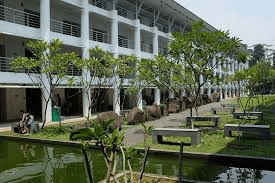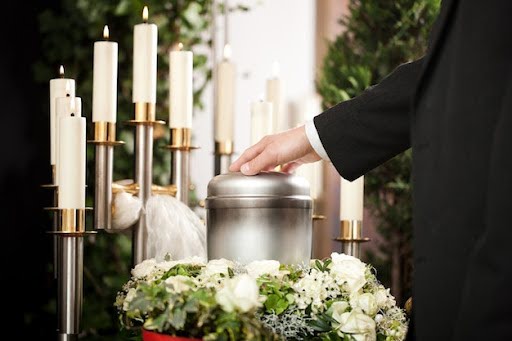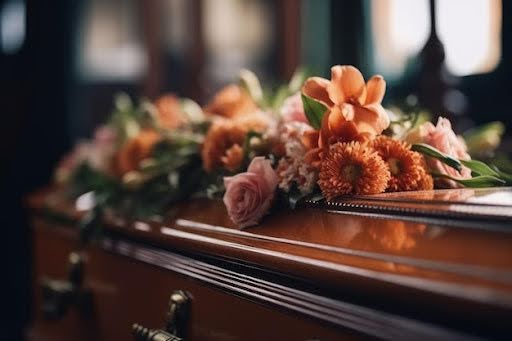Conduct of Funeral Procession During COVID-19
Amidst the ongoing Covid-19, the funeral industry has set in place stringent measures. This include provision of thermometers for temperature taking. For instance, contact tracing is compulsory. It is to ensure that there is a record of guests entering or leaving the premises. A circular issued in August 2020 by NEA states that the number of persons at any one time allowed at funeral services and wakes should not exceed 30. This excludes us undertakers, as well as religious workers. During this period of grief, everyone is adapting to the new measures. Nevertheless, we are happy to see grieving families cooperating well with the new measures implied.
In addition, many families have opted for a 3 days funeral. The usual duration of a wake range between 3 to 7 days. However, given the circumstances, things have changed. We strongly encourage grieving families to keep the duration short. This is to minimize the attendance of guests. We are looking forward to the opening of Phase Three, where a larger crowd size is permitted. Nevertheless, let’s not let down our gut. It’s important to adhere to safe distancing measures. Constant checks help to ensure that funeral service providers follow the rules and regulations set out by NEA. It is crucial to work hand in hand to combat this COVID-19. We work in the interest of everyone.
Coping With New Measures Meted Out
Due to the shortened wake duration, Buddhist funerals are common. Due to the complexity of Taoist funerals, many have opted for a Buddhist funeral procession instead. Buddhist funerals are simpler. Many family members have also dropped the idea of burning paper products. This situation is only temporary. We are looking forward to the revision of some regulations. Meanwhile, our advice is to keep it short and simple. Using technology, we are able to leverage video calls for the funeral send-off. This is to ensure that we do not exceed the allowable crowd size. Let’s all do our part as one nation.
In addition, funeral service providers should guide families on the DOs & DON’Ts. In the time of distress, safe distancing shall not be compromised. This is crucial so as not to breach any rules. Being properly masked up is compulsory. It is a common sight to see sanitisers being used every now and then. In the coming days, we hope to see families being well prepared for a funeral in the midst of this period. In conclusion, a funeral procession is easy if the guidelines are properly adhered to. Let us all be vigilant. Stay safe. Keep distance. It is all for the benefit of everyone. We are sure this ordeal will be over soon. Stay positive.


